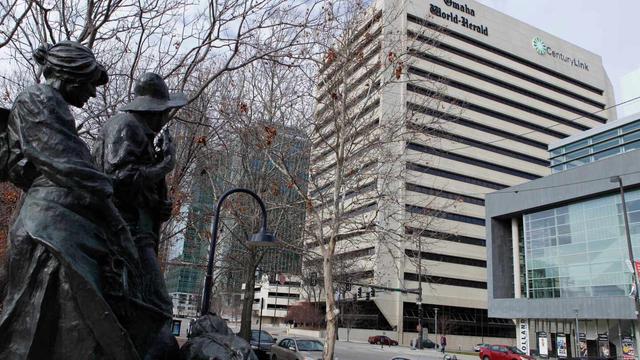2026-01-01 17:48:32
Ukraine enters EU's single mobile roaming zone: https://benborges.xyz/2026/01/01/ukraine-enters-eus-single-mobile.html
2026-02-01 01:05:48
Minnesota resident Nicole Cleland had her Global Entry and TSA Precheck privileges revoked
three days after an incident in which she observed activity by immigration agents, the woman said in a court declaration.
An agent told Cleland that he used facial recognition technology to identify her, she wrote in a declaration filed in US District Court for the District of Minnesota.
Cleland, a 56-year-old resident of Richfield and a director at Target Corporation,
voluntee…
2026-02-28 18:18:00
Eindrücke vom chinesischen Neujahrsfest 2026 in Antwerpen. Eine Fotoreihe von Kajabrux.
https://europa.blog/de/eindruecke-vom-chinesischen-neujahrsfest-2026-in-antwerpen/
2026-01-31 03:22:57
I see the "maybe we shouldn't do free buses" discussion popping up again. Fares are dumb, and the other day - IN THE FREEZING COLD - I couldn't enter the subway with my kids because the OMNY reader wasn't accepting fares.
#FuckYourFares
2026-01-01 20:28:24
New Dolphins QB poached from Raiders had endorsement from Tom Brady https://www.sportingnews.com/us/nfl/miami-dolphins/news/new-dolphins-qb-poached-raiders-endorsement-tom-brady/93c6f0ad519fd2bbf66781cd
2026-01-31 17:31:27
MN Woman Sues: An ICE Agent Scanned My Face And My Global Entry/TSA Precheck Account Was Revoked - Joe.My.God.
https://www.joemygod.com/2026/01/mn-woman-sues-an-ice-agent-scanned-my-face-and-my-global-entry-tsa-precheck-account-was-revoked/
2025-12-31 02:55:34
Lee Enterprises stabilizes its finances as investors buy $50M in new stock, led by $35M invested by David Hoffmann, who will become chair of the company (Josh Funk/Associated Press)
https://apnews.com/article/lee-enterprises-news…
2026-01-01 18:58:27
Russia enters 2026 exhausted: the war drags on, the economy is falling apart at the seams: https://benborges.xyz/2026/01/01/russia-enters-exhausted-the-war.html
2026-01-01 16:29:33
LIVE | 2026 WITHOUT ILLUSIONS: Russia enters it EXHAUSTED and ISOLATED: https://benborges.xyz/2026/01/01/live-without-illusions-russia-enters.html
2026-01-01 19:38:50




